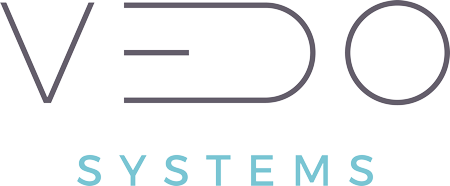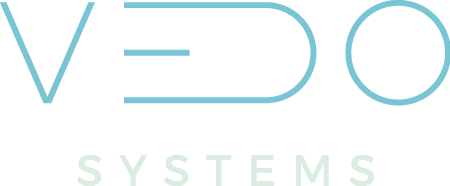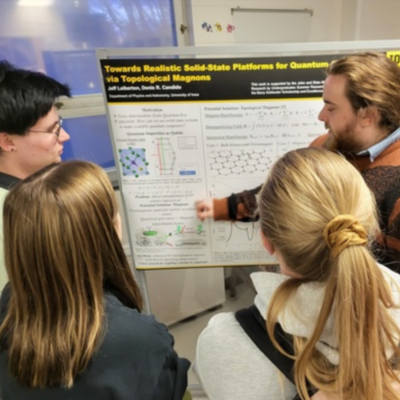Why Aerospace Software Automation Needs a Data-Driven Methodology
Software automation is essential for the modern aerospace industry, but it often falters in high-stakes projects due to inadequate design methodologies. When software isn’t integrated with rigorous engineering practices, the result is more than just glitches—it’s costly delays that ripple through every stage of development and operations.
At Vedo, we combine data-driven methodologies with mission-critical engineering expertise to ensure reliable, fault-tolerant software automation. This approach is essential in aerospace, where failure isn’t an option.
The True Cost of Aerospace Delays
Aerospace projects are among the most complex and tightly regulated in the world. According to NASA’s Cost Estimating Handbook, a typical schedule slip of six months in a large aerospace project can result in cost increases of 10% to 30%, depending on program complexity and dependencies. For a $500 million project, that means an additional $50 million to $150 million in costs due to delays alone. These increases stem from extended labor costs, recertification efforts, and rework—costs that can cascade through the supply chain.
The National Academies Press notes that software-related issues account for over 35% of total schedule delays in aerospace programs. For every week lost in a development timeline, the ripple effects can impact supplier schedules, regulatory compliance, and even mission readiness.
Building Systems That Don’t Fail
Vedo’s approach prioritizes embedded systems reliability and fault-tolerant automation, addressing the software challenges that drive these costly delays. By applying rigorous testing frameworks such as model-based design, formal verification, and continuous integration, Vedo ensures that every line of code meets the highest standards for mission-critical performance.
Advanced analytics allows us to identify weak points before they become critical failures, while continuous refinement guarantees that systems adapt to evolving operational requirements. This means fewer surprises during certification and fewer delays during integration.
Accelerating Innovation While Managing Risk
In the aerospace sector, where even minor issues can ground a program or compromise safety, our integrated engineering processes build confidence that every subsystem is ready for deployment. The result? You get a system that’s both robust and future-ready, without the hidden costs of schedule slippage or costly rework.
At Vedo, we believe that effective software automation in aerospace is about more than writing code—it’s about safeguarding your mission and your bottom line. Let’s build the future together, one data-driven step at a time.





